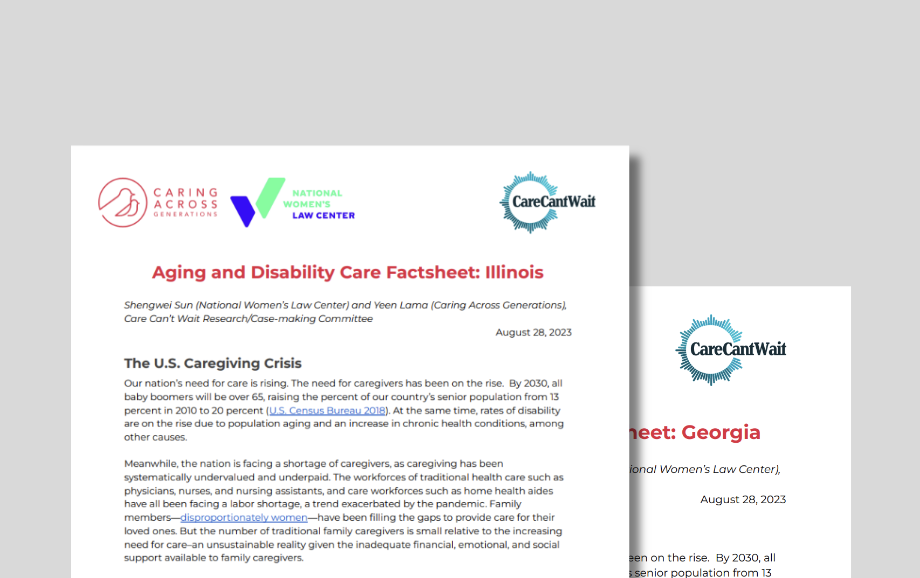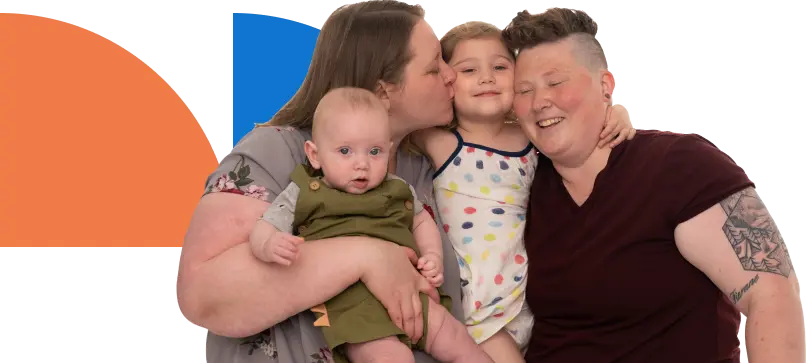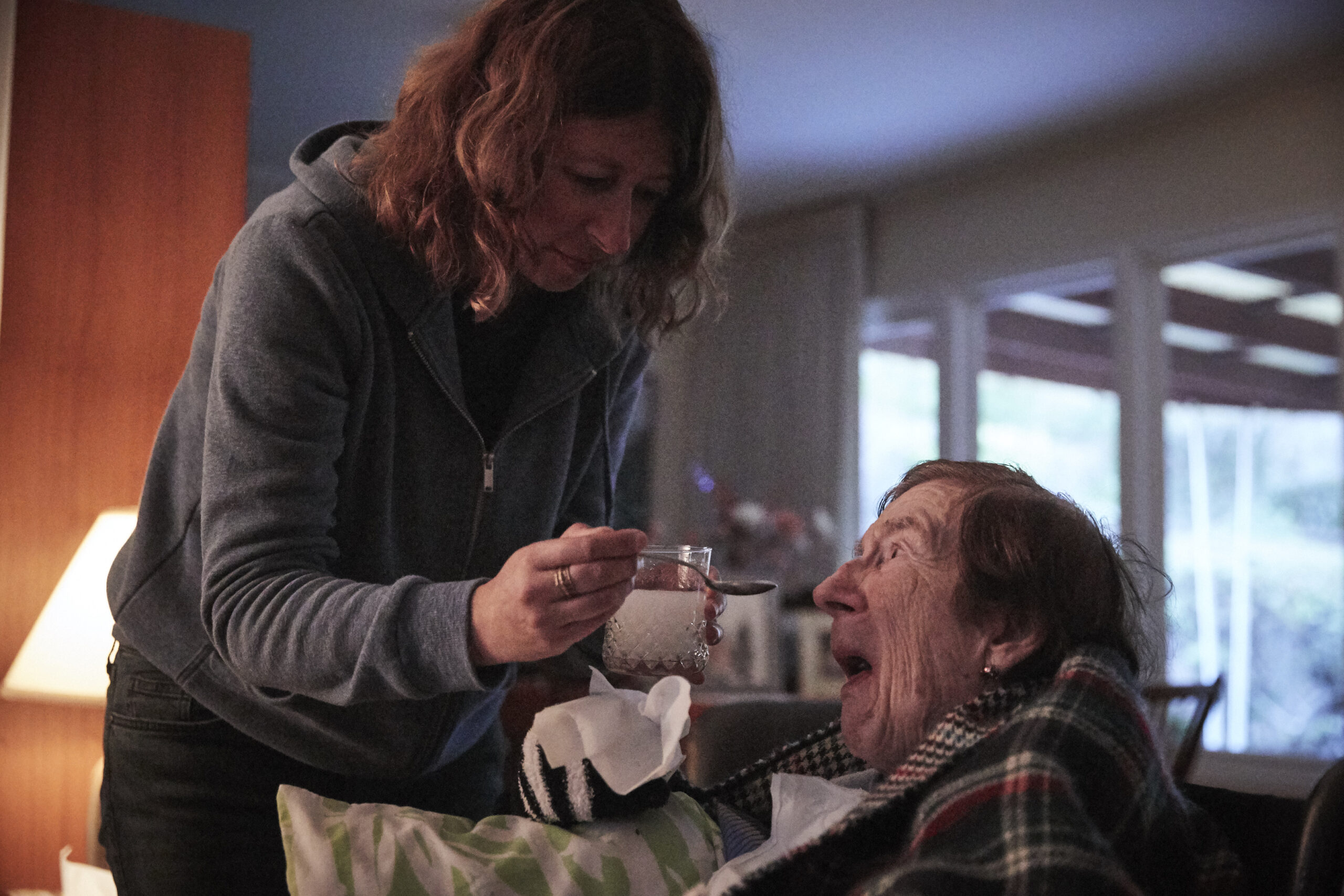
Our nation’s need for care is rising. The need for caregivers has been on the rise. By 2030, all baby boomers will be over 65, raising the percent of our country’s senior population from 13 percent in 2010 to 20 percent. At the same time, rates of disability are on the rise due to population aging and an increase in chronic health conditions, among other causes.
Meanwhile, the nation is facing a shortage of caregivers, as caregiving has been systematically undervalued and underpaid. The workforces of traditional health care such as physicians, nurses, and nursing assistants, and care workforces such as home health aides have all been facing a labor shortage, a trend exacerbated by the pandemic. Family members—disproportionately women—have been filling the gaps to provide care for their loved ones. But the number of traditional family caregivers is small relative to the increasing need for care—an unsustainable reality given the inadequate financial, emotional, and social support available to family caregivers.
The below fact sheets draw on various data sources from the U.S. Census Bureau to paint a picture of population aging and the economic status of disabled people in Georgia and Illinois. Results show:
- Both Georgia and Illinois have an aging population with a high share of disabled adults.
- Disabled people are more likely than nondisabled people in the same age group to live in poverty.
- In 2021, a third of disabled people ages 20 to 64 who were unemployed or not in the labor force lived in poverty.
- A substantive share of people with long-term care needs live alone.
These findings point to an urgent need for long-term, robust investments in programs and services supporting disabled people and caregivers.
Read the Aging and Disability Care Factsheet for Georgia here.
Read the Aging and Disability Care Factsheet for Illinois here.



